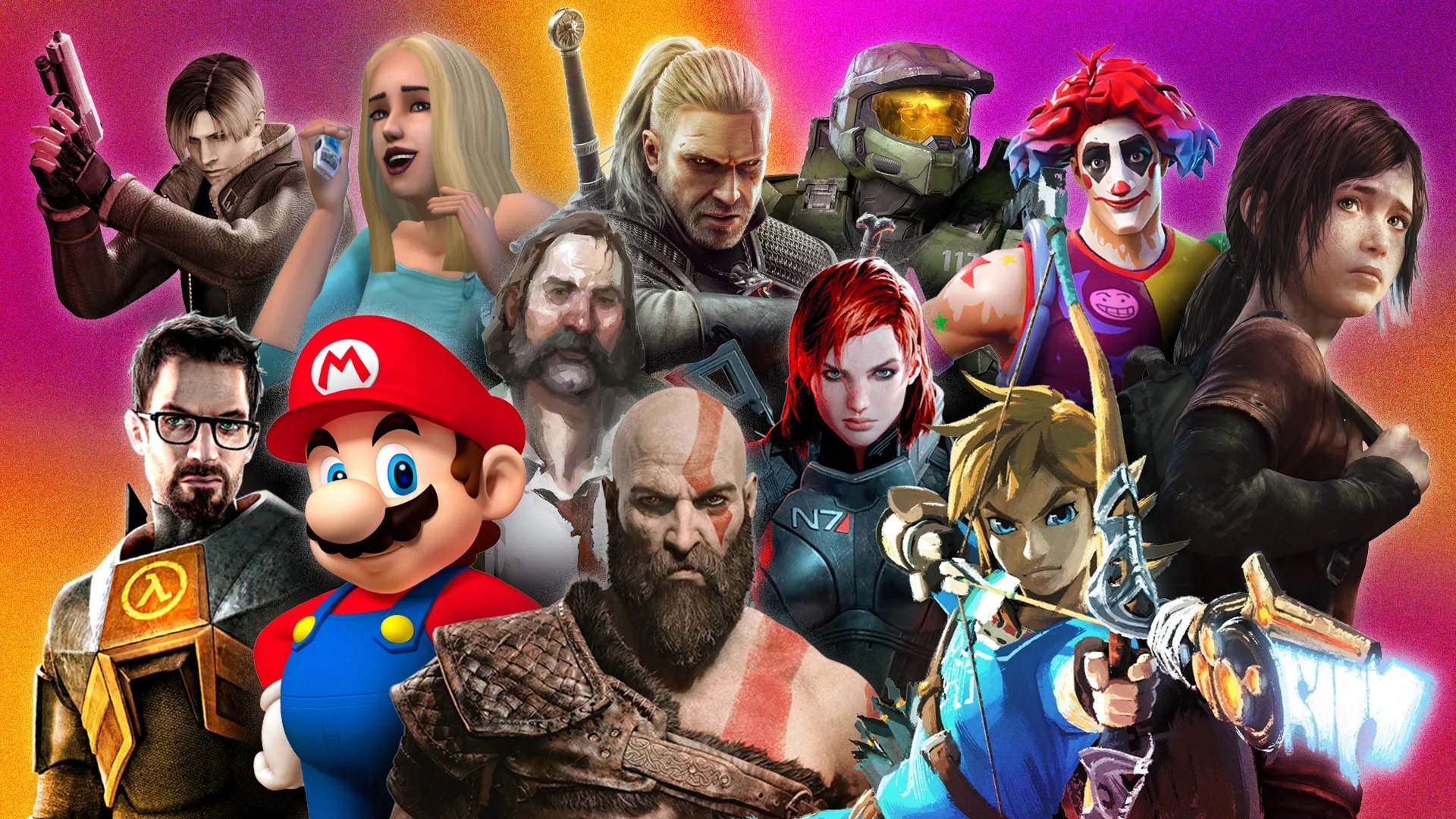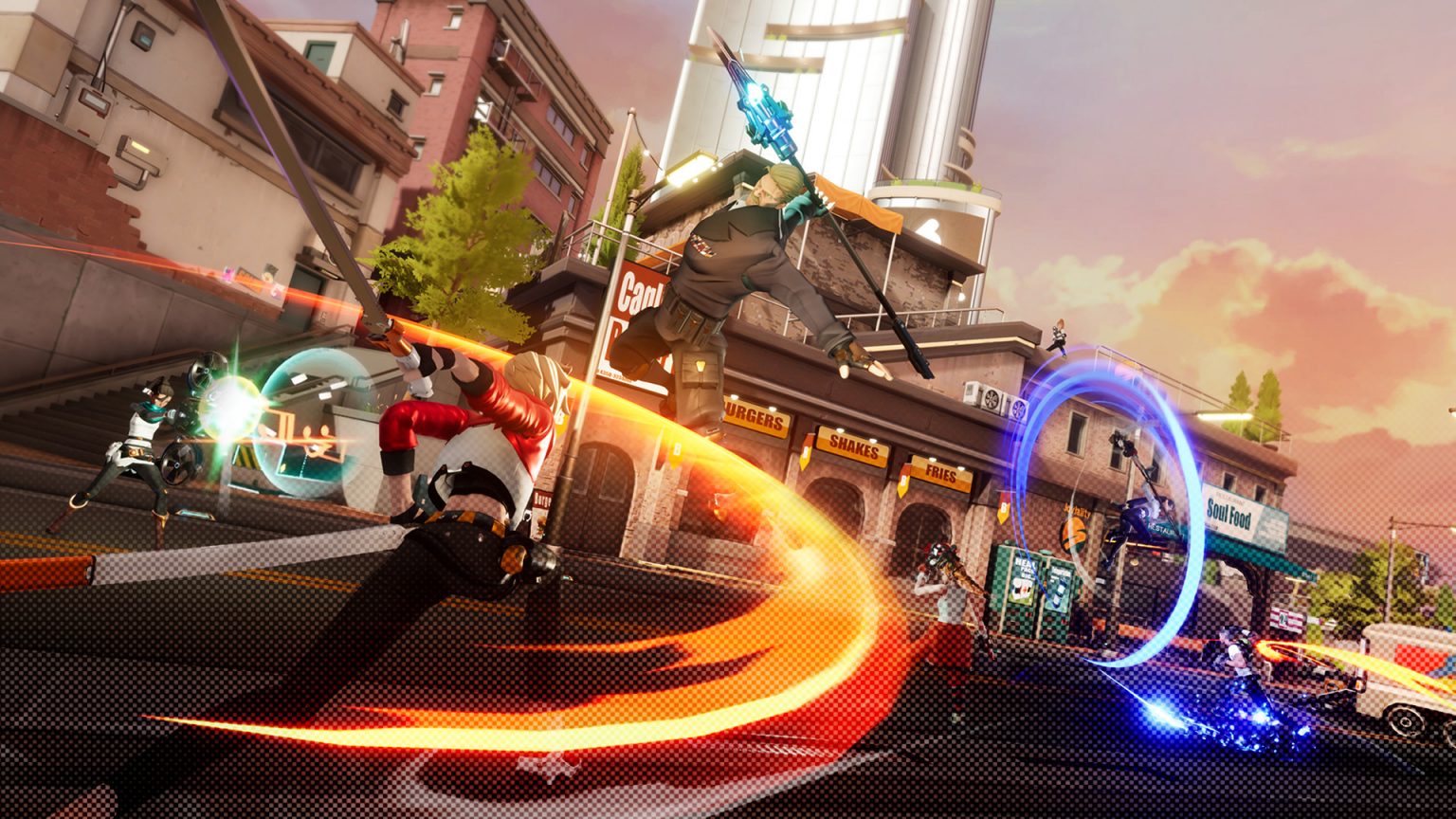I’ve been a gamer since I was a kid. Spent countless hours in digital worlds, falling for immersive stories, and still getting emotional over old game soundtracks. This article isn’t about criticizing games, but rather raising some concerns due to my love for them. I want us to take a moment to think critically – we’re playing games more than ever, yet are we really in control? Or is it the invisible systems that manipulate every click, decision, and game into data, profit, and conditioning? I’m not here to lecture, but to encourage a thoughtful examination. So, let’s peel back the layers of fun. The love for games doesn’t just mean enjoying the experience; it also means wanting them to remain spaces of freedom – not captivity. Here we go: You fire up your console. The screen glows. In less than three seconds, the game is loaded. Your character is right where you left off. It all feels effortless – click, play, spend, reward yourself, share, and repeat. The process is so seamless that it’s easy to forget who should be in control: You. But are you? That’s a critical question to ponder while gaming.
The gaming world has transformed into a cutting-edge playground for what academics call “zero-friction ideology.” In simple terms: it’s the notion that any hurdle between wanting something and getting it should be wiped out. Sounds appealing, doesn’t it? Who wouldn’t want seamless gameplay, no lag, no loading screens, no red tape? But that’s where the unseen game starts, one you can’t see on your screen. Zero-friction is big tech’s obsession with digital capitalism. And in gaming, this obsession has taken a pixelated form and an epic soundtrack. The pitch is enticing: click once and you’re in. Buy without typing a password. Accept terms without reading. Link your credit card directly to the pause menu. Auto-updates, cloud saves, instant social network sync, loot box delivered straight to your inventory. The experience feels so smooth you hardly notice you’re giving away data, money, attention, and desire in the process. This fluidity isn’t neutral; it has a goal: to ensnare you. More accurately, to capture your time, focus, and predictability. Zero-friction ideology creates an illusion of freedom while molding your behavior to serve algorithmic engagement and monetization strategies. Gaming becomes a frictionless routine, but also one without real choice. When you hit START, the game begins. But maybe the player has already been played. The frictionless game: zero-friction ideology in action.
Modern video games are turning into playgrounds for a ‘frictionless’ philosophy, which aims to eliminate any obstacles between your desires and satisfaction. This slick gaming experience is meant to lure you in, but it’s all part of an attempt to claim your time, attention, and predictability – driven by algorithmic engagement and monetization strategies. The ‘frictionless’ approach strives for a seamless, effortless experience that keeps you clicking, buying, consuming, and sharing without pausing or hesitating. From the moment you open a game to winning rewards before even starting to play, it’s all designed to keep you engaged without a second thought. But, as the author – a gamer and journalist – warns, this smoothness can lead to habits without real choice. The concern is that these games might be more than just fun spaces; they could become virtual captors, encroaching on our freedom. If we’re not careful, we might find ourselves unknowingly playing into the system each time we press ‘START’.
Modern gaming’s allure has turned into a playground for a sneaky logic. It’s so seamless, you barely notice we’re inside a system that’s not just entertaining us, but molding us too. Are we players or puppets? The stage is set by the algorithms. Every time you hop on Steam to see a “personalized suggestion”, discover a YouTube streamer you didn’t know existed, or get Discord notifications about servers you “might like”, there’s an algorithm at work – observing, measuring, suggesting, guiding. But it’s not just about suggestions. Today, we’re in an era of algorithmic mediation where players don’t interact with games directly but with a layer of hidden control that filters what we see, play, feel, and do. These unseen entities are the algorithms powering digital stores, deciding which games get highlighted, choosing our gaming companions, moderating chats, prioritizing notifications, and even timing offers for new skins with “exclusive discounts”. It’s not a conspiracy theory. It’s platform design. The Steam algorithm tracks your hours on strategy games and pushes promotions for similar titles based on that. The Game Pass system predicts the next game you’ll want to play before you finish the current one. The Twitch algorithm decides what live streams appear first in your feed. The PlayStation Store hides indie titles deep within internal pages while pushing AAA titles with auto-playing trailers and flashing pre-order buttons.This analysis delves into the ideology of ‘zero friction’ in gaming, eliminating any hurdles between want and fulfillment for a smooth player experience. This ideology aims to capture players’ time, focus, and predictability, shaping their behavior to serve engagement and monetization algorithms. Features like automatic downloads, integrated purchases, auto-updates, and more are designed so you don’t have to think, promoting routines with minimal real choice. The goal is to minimize moments of critical reflection, making it easier for us to buy and consume in-game items without second thought.
The almost sneaky process happens so effortlessly, feeling like you’re choosing, but really, you’re being led. The interface is slick, the click is easy, but the curation is hidden. These metaintermediaries work behind the scenes like directors on stage: you’re in the spotlight, but the script has already been written for you. It only becomes clear that you’re playing exactly what they wanted when it might be too late… or maybe not, if you hit pause and peek beyond the screen. The endless cycle: engage, spend, repeat. Games have always had cycles, but this one is different. Instead of spinning around fun or exploration, it now revolves around making money. The infinite repetition of stimuli that turns the player into a subject trained to keep playing—not for enjoyment, but by design. You log in just to take a look and suddenly find yourself completing daily tasks, unlocking weekly rewards, climbing up seasonal rankings, and chasing limited-time promotions on special skins—which of course, are only available today. All of this is carefully timed, animated, optimized for zero resistance. Smooth pushes from metaintermediaries keep the loop going, and it ends with a triumphant sound and shimmering particles on the screen. This is how the battle pass forces you to play every day to avoid losing your investment. With exclusive events only unlockable if you invite friends. With free games that are essentially microtransaction systems disguised as gameplay. With progression systems that start to annoy you just when you’re thinking of spending money.
In today’s world of video games, smoothness and automation rule. This new approach, known as zero-friction ideology, removes obstacles between what players want and getting it, offering effortless experiences. The goal? Capture their time, attention, and predictability—all essential for algorithmic engagement and monetization strategies. Unbeknownst to many gamers, they’re navigating a world guided by algorithms that manage interactions, nudging them towards certain actions without them realizing it. This control shapes the gaming experience, fostering patterns with limited real choice and pushing continual consumption to maintain engagement. Now, here’s where things get interesting: this article urges gamers to stay aware when engaging with these systems. After all, understanding the mechanics behind your favorite games could help you ask tough questions, like why that button is there or why that purchase is so simple, and even question who exactly controls this game we thought was ours. In essence, being a smart gamer means asking these uncomfortable questions, not giving up on games entirely. Instead, it means playing while staying conscious of the bigger picture.
Resistance often comes from craving experiences outside the monotony of the cash-grab loop. Games like Undertale, Papers, Please, Disco Elysium, Celeste, and more show us that it’s doable to swim against the current. Resistance can also be found in homemade mods, indie games made with heart and humor, online communities trading tips on beating the system, memes poking fun at loot box culture, and videos uncovering what’s behind the “buy” button. Of course, resistance is also about pausing, hesitating, reflecting – nearly revolutionary acts in a world of instant gratification. A glitch can be that eye-opening moment when you sense something isn’t as it seems, room to create, subvert, and play differently. Loving games means not letting them get swallowed by systems demanding predictability, consumption, and endless online presence. Playing can be liberating, but only if control stays with us. Don’t forget to check out our crowdfunding campaign and learn about PlayersForLife of Games on YouTube, Facebook, Twitch, TikTok, and Instagram.
Have any thoughts?
Share your reaction or leave a quick response — we’d love to hear what you think!

